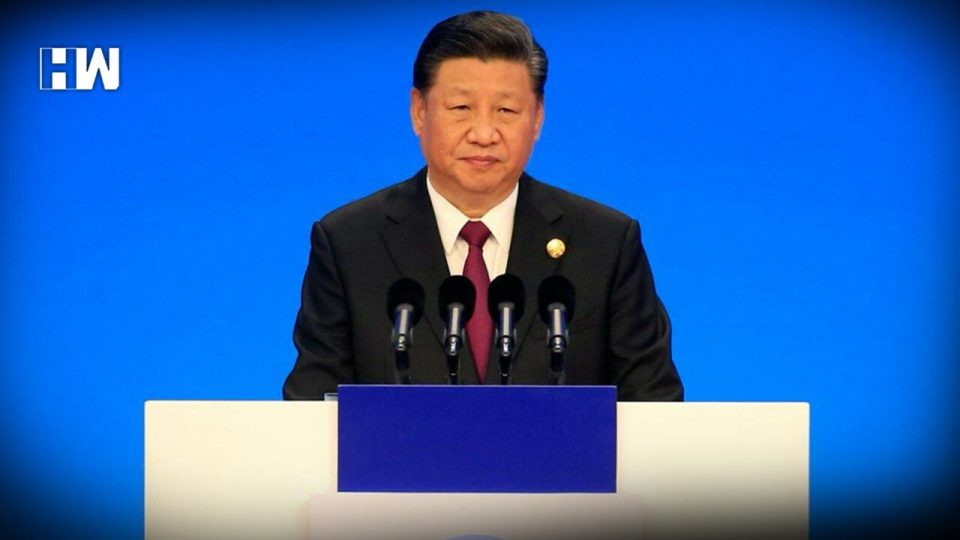Shanghai | President Xi Jinping vowed on Monday to open access to China’s economy, while delivering a veiled rebuke to the Trump administration, as he kicked off an import fair amid growing foreign accusations that his government was backtracking on reform pledges.
Xi said China would seek to “step up” moves to stimulate domestic consumption of imports, lower tariffs, ease customs clearance procedures, and implement harsh punishments for intellectual property infringements, among other measures. “We will foster a world-class business environment,” Xi said in an address opening the import fair in Shanghai.
But he also pushed back at the foreign pressure in comments clearly aimed at US President Donald Trump, who has launched a trade war between the world’s two largest economies. Decrying “protectionism”, “isolationism” and confrontation, Xi said countries should fix their own houses before targeting others. “They should not just point fingers at others to gloss over their own problems,” Xi said.
“They should not hold a flashlight in hand, doing nothing but highlight the weaknesses of others and not their own.” Beijing has framed the first annual China International Import Expo as a sign of its commitment to open markets despite mounting criticism to the contrary and the worsening trade war with Washington, which has seen both sides impose punitive tariffs on billions of dollars of goods.
Organisers say more than 3,000 foreign companies from 130 countries including the United States, Europe and across Asia, will put their products on display for potential Chinese buyers at the expo. Companies in attendance include General Motors, Ford, Microsoft, Samsung, Walmart and Tesla.
The event is being attended by several foreign heads of government including Russian Prime Minister Dmitry Medvedev and Pakistani premier Imran Khan. Xi has said the expo proves China is willing to reduce its huge trade surpluses with other countries.
The run-up has triggered fresh calls for China to take actionable steps to improve a domestic playing field that critics say is skewed in favour of Chinese businesses. It was not clear whether his pledges on Monday will placate foreign critics.
The US and EU business lobbies in China, and the French and German ambassadors to Beijing, last week called on China to use the expo to announce concrete change, saying it too often fails to deliver on promises.
Foreign businesses complain about a range of preferential policies that benefit local firms, requirements that foreign companies form joint ventures with Chinese partners, forced technology transfers, rampant intellectual property violations and restrictive red tape. Washington has snubbed the gathering by not sending high-level representation, instead calling on China to change “unfair” trade practices.
But the lure of China remains strong and the US contingent includes even tech giants such as Facebook, which is blocked in China, and Google, which pulled out years ago over censorship and cyber-attacks. Both are seen as eyeing new ways into China’s giant market.
Experts say the week-long expo is also a message by Beijing that, as it pivots from an export-based economy toward one relying more on the buying power of its 1.4 billion people, other countries will need to work with China if they want a piece of that action.
Microsoft founder Bill Gates will join a business forum, but the touchy optics of attending a China import expo amid trade tensions means few big-name American CEOs are confirmed.
As an independent media platform, we do not take advertisements from governments and corporate houses. It is you, our readers, who have supported us on our journey to do honest and unbiased journalism. Please contribute, so that we can continue to do the same in future.

